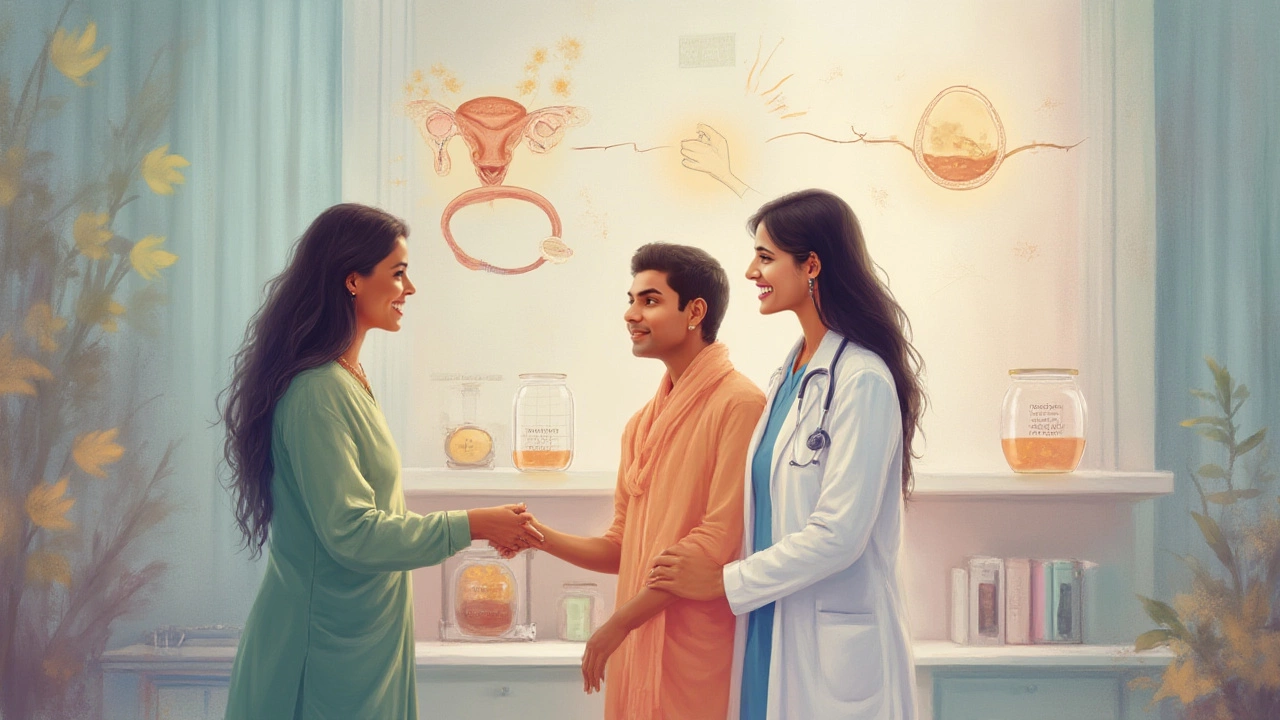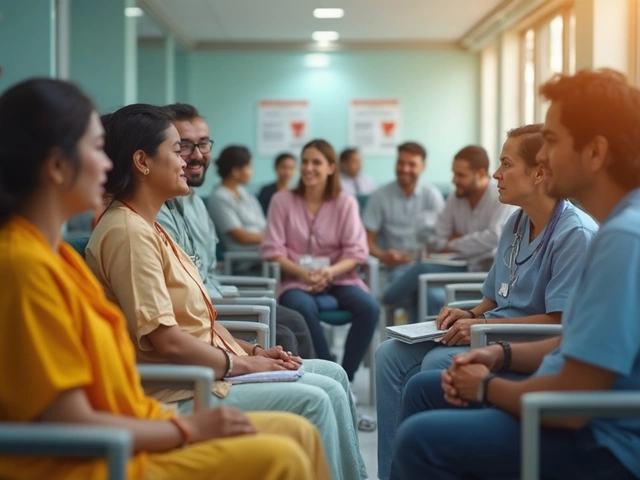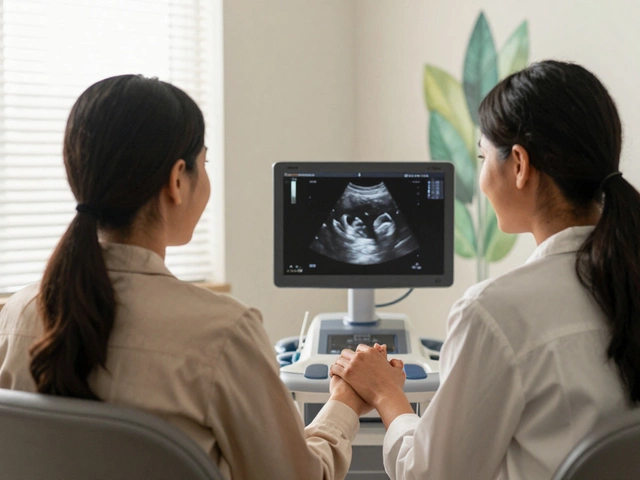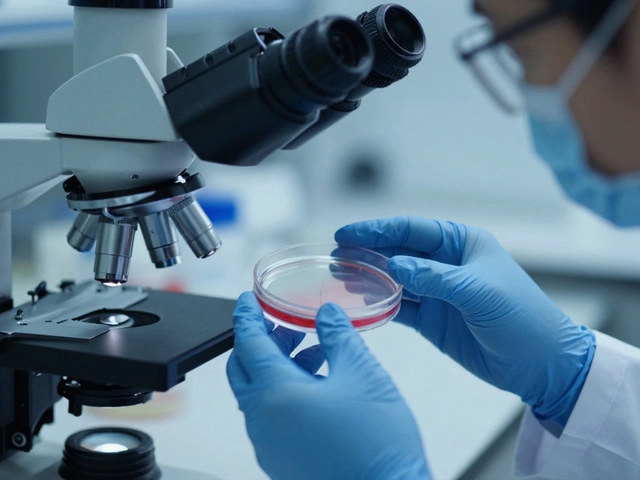It's wild how many myths swirl around IVF—some people imagine a high-tech baby factory, others whisper about designer babies, and plenty are just stuck on one question: If you use IVF, are you still carrying your own baby? Movie scenes never help; you see the test tubes, some dramatic music, and then—bam!—a baby. Real life is both simpler and more fascinating than that. IVF (in vitro fertilisation) is not the stuff of science fiction in India anymore; it’s a medical routine that millions consider when nature hits a roadblock. But the real kicker is, IVF doesn’t take away any of the emotion, the biology, or the physical part of pregnancy—unless you want it to.
What Actually Happens in IVF?
IVF starts with your body, not a lab bench. First off, the woman’s ovaries are gently pushed to develop more eggs than usual, usually through hormone shots. Sounds like chemistry class, but it's just next-level biology. After a few days of monitoring, doctors collect these eggs (it’s not as scary as it sounds—think a short outpatient procedure, not surgery). On the same day, sperm—either from your partner or a donor—is collected. The magic happens outside the body: sperm meets egg in a petri dish. Fertilisation creates embryos—tiny bundles of potential. Scientists keep tabs on these embryos for 3-5 days, picking the healthiest for the crucial step: embryo transfer.
So here’s the part everyone gets wrong. IVF doesn’t skip pregnancy; it just skips fertilisation happening inside your tubes. Once the embryo is ready, doctors transfer it right into the woman’s uterus, using a thin, soft tube, in a procedure that hardly takes 15 minutes. After transfer, it’s just a waiting game—just like regular conception. If the embryo implants, you’re pregnant, and your body takes over. Carrying the baby, feeling the kicks, surviving those dramatic mood swings—but if IVF works, it really is your body doing all that work.
Of course, nothing in fertility is 100% guaranteed. The success rate for IVF in India hovers around 30-40% per cycle for women under 35, and drops a bit with age. There are cases when doctors suggest using donor eggs or sperm, which can change the genetic equation, but even then, the woman can carry the pregnancy herself. If medical reasons make pregnancy risky or impossible—say, if the woman has no uterus or a high-risk medical condition—then a gestational surrogate might carry the embryo. This is the only time IVF can mean you don’t carry your own baby. Most families still carry their babies, even with IVF.
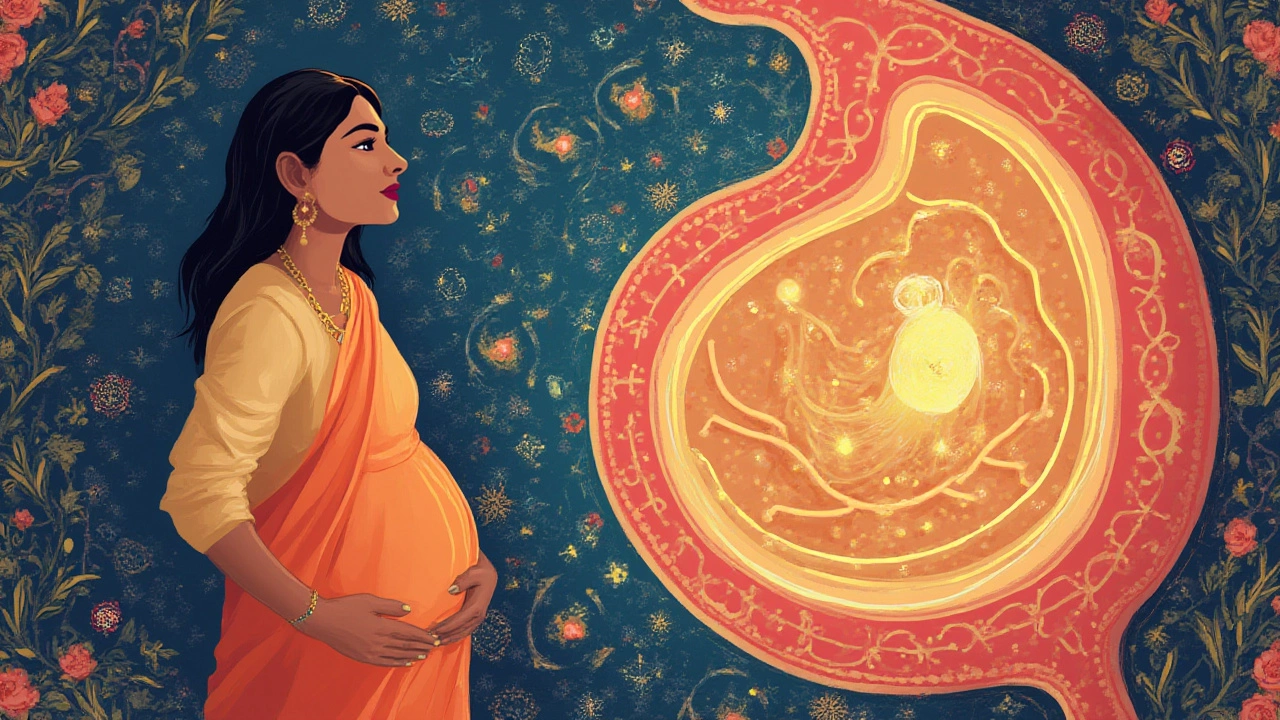
Surrogacy and Other Pathways: When You Don’t Carry Your Own Baby
Now, surrogacy is where things get interesting and a little complicated. If health conditions make it dangerous for a woman to be pregnant, Indian law lets intended parents use a gestational surrogate—another woman carries the embryo (which can be made from the intended parents’ eggs and sperm), grows the pregnancy, then hands over the baby after birth. It’s not adoption, not at all. If the embryo is made from your genetic material, the baby is still biologically yours.
Over the last decade, India became a global hub for surrogacy, which led to a mix of life-changing stories and very real controversies. Now, laws are strict: only close relatives can act as surrogates (no more commercial surrogacy), and only people with proven medical need can opt for it. So, surrogacy isn’t casual—it’s a choice you make only when necessary, with layers of legal and emotional prep.
Some couples also turn to donor eggs or donor sperm, usually if there’s a genetic condition or poor egg/sperm quality. In these scenarios, the birth mother might not have a genetic connection with the baby, but her body still does all the heavy lifting. Yes, you can carry a child with donor eggs via IVF and still experience pregnancy firsthand. The science is clear: pregnancy changes a woman’s body regardless of genetics. The bond still happens, with every heartbeat, every scan, every midnight craving.
For perspective, here’s how the main IVF options look:
| IVF Type | Who Carries Pregnancy? | Genetic Link |
|---|---|---|
| Traditional IVF | Intended mother | Mother and father (or donor) |
| IVF with Egg Donor | Intended mother | Father and donor |
| IVF with Gestational Surrogate | Surrogate | Mother and father (or donor) |
The experience of carrying your own baby really boils down to which option you choose or need. Most Indian couples undergoing IVF end up carrying the pregnancy themselves. Surrogacy is rare and saved for unique cases.
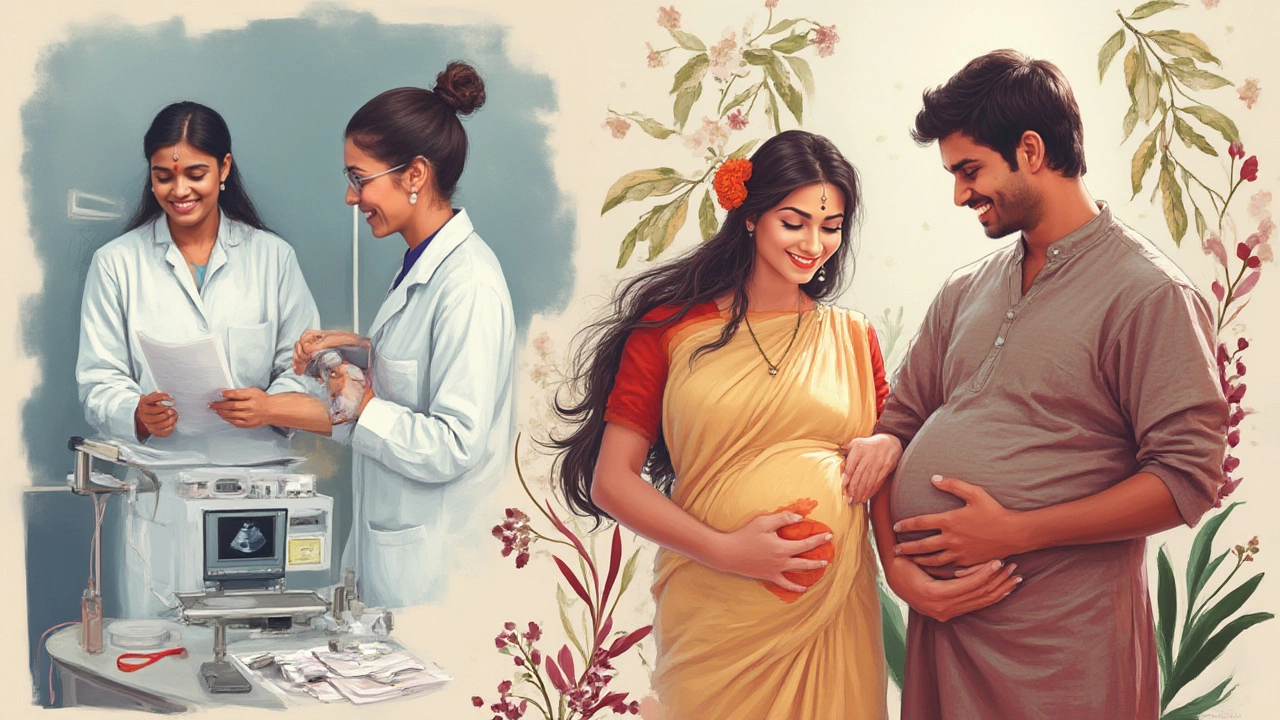
What Does ‘Carrying Your Own Baby’ Mean in IVF?
This is the part that makes IVF both empowering and emotional. When you come down to it, pregnancy is more than just genes—it’s nine months of your body supporting and sustaining life, of feeling every twist and turn from the tiny universe inside. If you choose traditional IVF, or IVF with donor sperm or eggs, you’re still carrying your baby in every physical sense. The journey is yours, including ultrasounds, backaches, and those glorious hospital selfies.
For a lot of people, this changes how they see IVF: it’s not taking away from motherhood or the experience of pregnancy. In fact, research shows that women who go through IVF secure similar—or stronger—attachments to the baby during pregnancy compared to natural conception. Bonding isn’t coded in DNA alone; it’s all in the moments you spend waiting, hoping, feeling, and eventually meeting the baby you made space for in your life, and your body.
If you do have to go with surrogacy, there’s no shame in it. It still involves waiting, hoping, and loving. You’re still the parent. You still do the hard work—just differently. Plenty of real stories out there—moms in Bangalore who couldn’t carry due to health reasons, found surrogates in their own families, and still feel every bit as involved from day one.
So if you’ve been asking, "Do you carry your own baby with IVF?"—the answer is yes, in most cases. IVF lets you carry your own baby, experience pregnancy, and reach parenthood through your own journey. And if you ever need a different path, science has ways to help you—without taking anything away from the love or the bond that’s waiting on the other side.
IVF isn’t just science—it’s choice. It lets you carry hope, and for most, it lets you carry your baby too.
